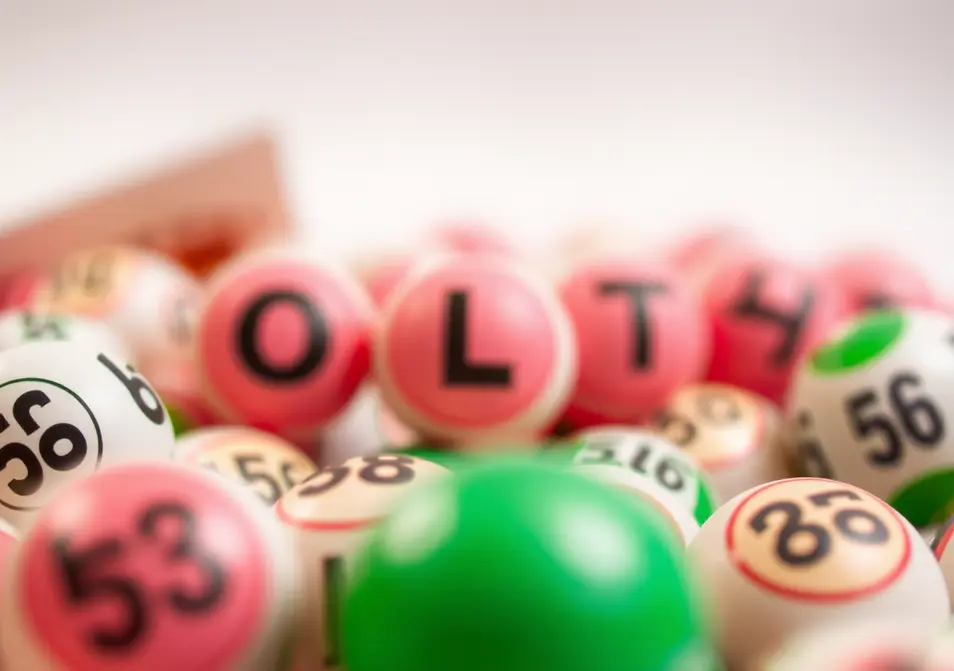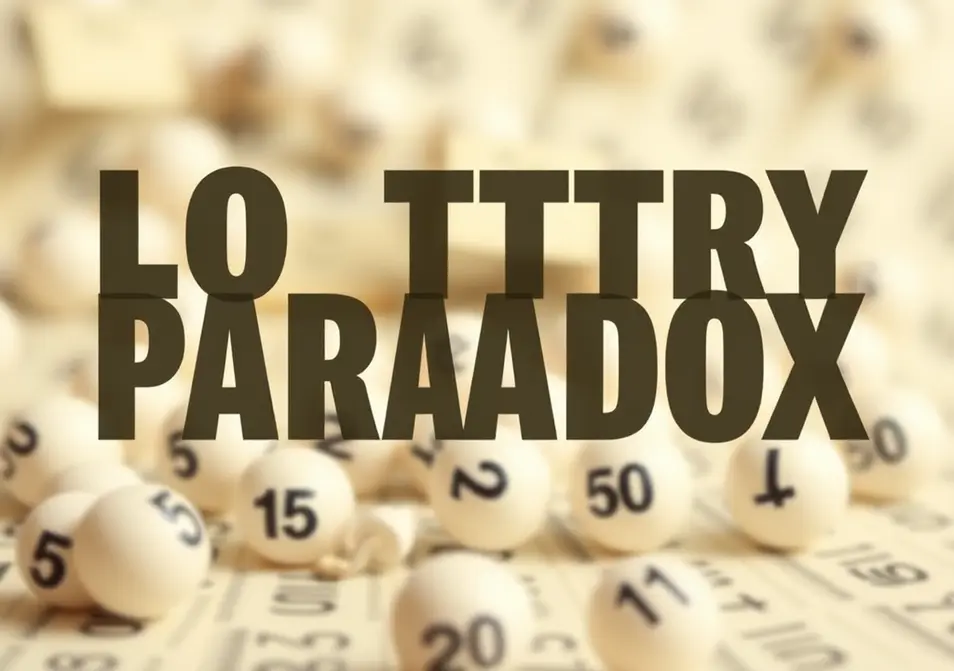Explore the profound economic impact of lottery systems and the psychology behind participation in gambling.
Lottery systems represent a fascinating convergence of chance and strategy, influencing economies and player behavior. This article delves into how lotteries impact society while also examining the psychological factors that propel individuals to participate in such games. Through a detailed exploration of the economic benefits and the intricate psychological motivations behind lottery participation, this narrative aims to provide professional gamblers with a nuanced understanding of this complex gambling landscape.
The Dual Blade: How Lotteries Shape Economies and Impact Lives
Lotteries have long enchanted individuals with the prospect of extraordinary wealth, making them a pivotal aspect of the gambling culture. Yet, beyond the glamorous tales of overnight millionaires lies a much nuanced economic and societal landscape influenced by these games of chance. Understanding the economic impact of lotteries requires a careful examination of their dual role: as a source of public funding and a driver of complex social implications.
The generation of revenue through lotteries is undeniably substantial. In the United States, lottery ticket sales soared to around $105 billion in 2022 alone. This staggering figure highlights the indispensable nature of lotteries in the realm of state financing. A significant portion—approximately 24%—flows into state initiatives, funding essential sectors like education and public services. For example, Washington’s Lottery, since its inception in 1982, has funneled over $4.5 billion into educational programs, greatly benefiting thousands of residents. By delivering financial support for early childhood education and college tuition grants, lotteries stimulate local economies and uplift education systems, reflecting the broader economic benefits they bring.
Moreover, lotteries also catalyze retail growth. Retailers receive commissions from the sale of lottery tickets, which bolsters small businesses. This effect is particularly noticeable in community economic dynamics, where local stores see increased foot traffic, thus revitalizing neighborhood commerce. The excitement surrounding lottery draws undeniably spurs consumer spending, creating modest yet notable ripples in economic activity.
However, these economic gains come intertwined with significant social implications. Lotteries, while promising, can have disproportionate effects on marginalized groups. Evidence suggests that lower-income individuals often engage with lotteries under the belief that luck might change their financial circumstances, yet they risk succumbing to spending beyond their means. As revenues largely derive from these populations, there exists a cyclical pattern wherein individuals facing economic hardships inadvertently deepen their fiscal woes through continual gambling.
The allure of large jackpots transforms from mere entertainment to a potent mix of hope and desperation, potentially leading to addictive behaviors. Unfortunately, the consequences of mismanaged wins—or chronic losses—are profound. Some winners might experience elevated levels of satisfaction and stability, while others find themselves ensnared in financial strain, facing issues like bankruptcy or fractured personal relationships. The spectrum of lottery effects highlights the necessity for responsible gaming practices and the development of policies that shield vulnerable players from potential gambles of life.
As states increasingly lean on lottery revenues to fortify their budgets, it becomes imperative to balance these financial boons against societal costs. Efforts to promote responsible gaming and protect at-risk populations are crucial in mitigating negative outcomes while enhancing the positive impacts. Initiatives encouraging financial restraint and healthy gambling behaviors are essential for sustaining the beneficial aspects of lotteries. Thus, as a pivotal part of gambling culture, lotteries hold a complex yet undeniable influence on the economic and social fabric of society, reinforcing the need for a carefully regulated approach.
The Mind Games of Lottery: Understanding Player Psychology
The allure of lottery games extends beyond the tantalizing possibility of winning life-changing jackpots; it delves deep into the psyche of its participants, revealing a fascinating blend of cognitive biases, emotional drivers, and social pressures. This intricate web of psychological factors sheds light on why people continue to buy tickets despite the astronomical odds stacked against them.
One of the cognitive processes at play is the availability heuristic, a mental shortcut where individuals assess the probability of something happening based on how easily examples come to mind. In the case of lotteries, the media often amplifies stories of winners, creating a deceptive perception that victories are commonplace. This widespread coverage fuels the belief that anyone has a fair shot at winning, even when millions consistently face disappointment.
Optimism bias further enriches this allure. Many players harbor a firm belief that they possess a unique edge or advantage, perceiving themselves to be inherently luckier. They often fixate on lucky numbers or rituals, such as buying tickets from stores where previous winners purchased theirs. This behavior fosters an illusion of control, where individuals falsely assume they can influence random events.
Another compelling psychological phenomenon is the near-miss effect. When players get close but not quite achieve a win, it can paradoxically feel invigorating. The brain’s reaction to these near wins mimics the thrill of actual success, pushing players to try again, convinced that next time will be different. This craving for the sensation of a near win is one reason people continue to play, undeterred by previous failures.
Emotions tie deeply into gambling behavior as well. Regret aversion and the fear of missing out (FOMO) are powerful motivators. Players dread the thought of sitting out and then watching their chosen numbers drawn, compelling them to keep playing just in case. This often leads to chasing losses, where individuals gamble more than they can afford, hoping to recover past expenditures.
Social influences play a critical role in gambling behaviors, shaping how and why people participate in lotteries. Accessibility has widened dramatically with online gambling, drawing many with compulsive tendencies deeper into the fold. Additionally, cultural associations surround gambling with environments like bars, where social drinking and gambling intersect, potentially heightening risky behaviors.
Gambling can often serve as a form of stress relief or an escape from daily pressures. However, for some, this escape becomes a trap, particularly among those struggling with other mental health disorders like depression or anxiety, which can exacerbate compulsive gambling patterns.
Despite the fun and entertainment many derive from lotteries, these psychological mechanisms paint a complex picture wherein vulnerabilities can lead to problematic behaviors. As awareness grows about these patterns, it is crucial to develop strategies for responsible gaming, ensuring players maintain balance in their pursuits. For instance, initiatives such as reminding players to set personal limits and offering support for those struggling with addiction can be paths forward in creating healthier gambling environments.
In examining the psychological dynamics of lottery participation, we uncover vital insights into human behavior, blending excitement with cautionary tales, and revealing a multifaceted narrative that enriches our understanding of why the lottery remains a compelling cultural phenomenon.
Final thoughts
Understanding the economic impact of lottery systems, alongside the psychological motivations that drive gambling behavior, enhances the strategic approach for professional gamblers. By recognizing both the potential benefits and pitfalls, gamblers can navigate this landscape with greater insight and acumen.
Ready to Elevate Your Gambling Experience to the Next Level? Contact www.topgamb.com today and let our expert team guide you to a more exciting betting adventure with top-notch tips and picks just for YOU! Discover your Winning Edge now!
Learn more: https://www.topgamb.com/casino-rankings/
About us
The website TopGamb.Com is a trusted online casino review and ranking site dedicated to helping users find the best online gaming options. The site provides unbiased reviews, expert rankings, and comprehensive guides to help users make informed decisions. For example, it ranks different online casinos based on factors such as their user-friendliness, variety of games, and payout rates.
























